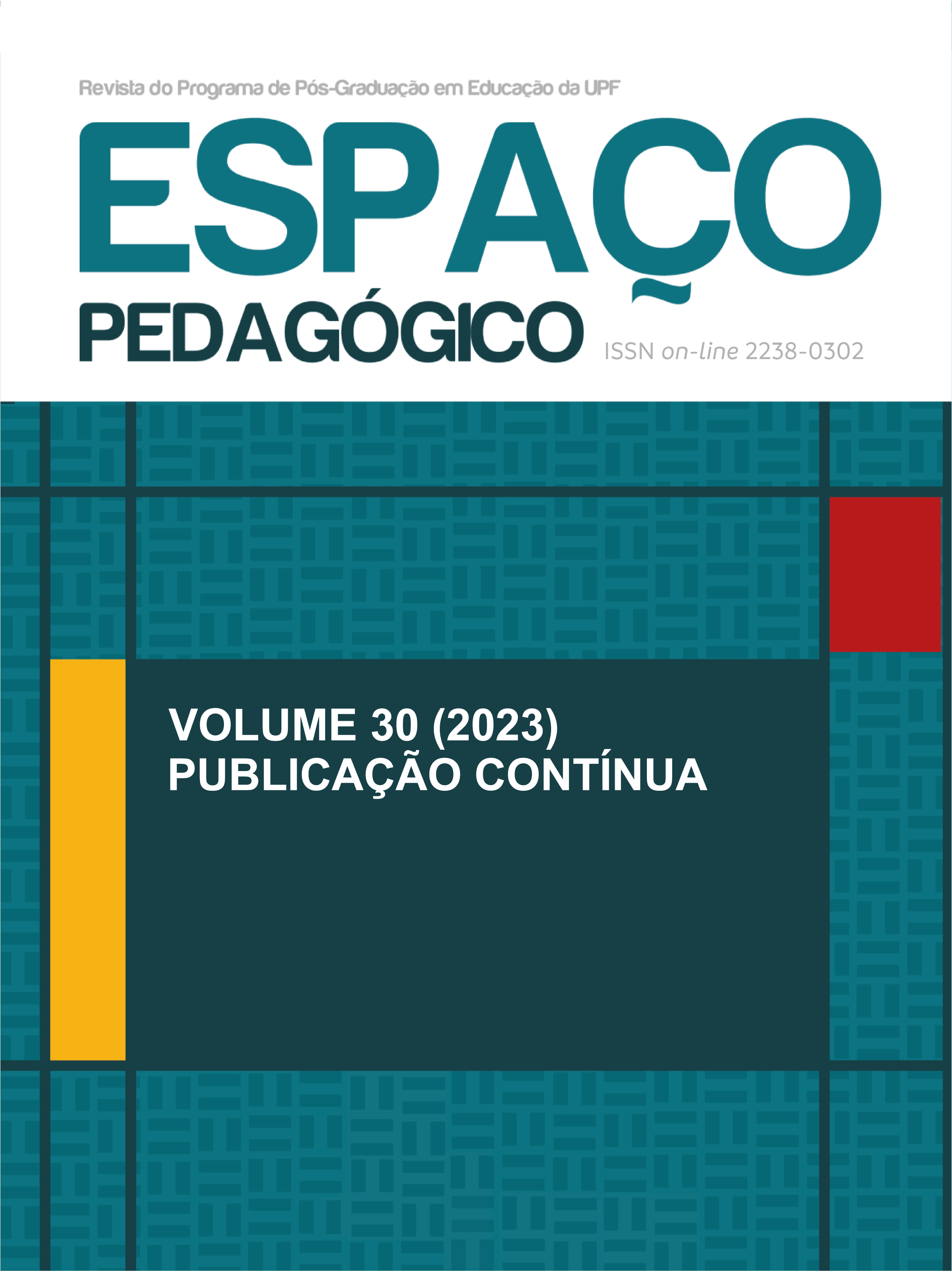Curriculum Curriculum Policies in the New High School of Pernambuco
Meanings Constituted in Elective Subjects
DOI:
https://doi.org/10.5335/rep.v30i0.14352Keywords:
Training Itineraries. (Re)configurations. High school.Abstract
This article is part of the debate on curriculum policies and aims to analyze (re)configurations and meanings of Training Itineraries established around elective subjects in high schools located in the rural area of ​​Pernambuco. As a theoretical-methodological movement, it is based on a discursive perspective based on the contributions of Laclau and Mouffe (2015), as it mobilizes references from post-structuralism in curricular policies, as well as being inscribed in a discursive approach to curricular policies, which it was based on the studies of (DARDOT; LAVAL, 2016), (BROWN, 2019), BALL (2016; 2020); (BALL; MAINARDES, 2011), inscribed in post-Marxism to explain how neoliberalism has affected the meanings of curriculum, denying contextual curriculum policies. Given this, it was noticed that neoliberalism resonates in education through verticalized curricular policies, which disregard the contextual subjectivities of schools. In this way, neoliberal policies are political decisions established from a nodal point that seeks to stabilize discourses, identities and subjectivities (LOPES, 2018). Thus, this study pointed out that the electives, while Formative Itineraries, try to deny the contextual truths, since they are linked to the BNCC, configuring in the axis of entrepreneurship in the perspective of development of neoliberal subjectivity from formative movements of young entrepreneurs.



